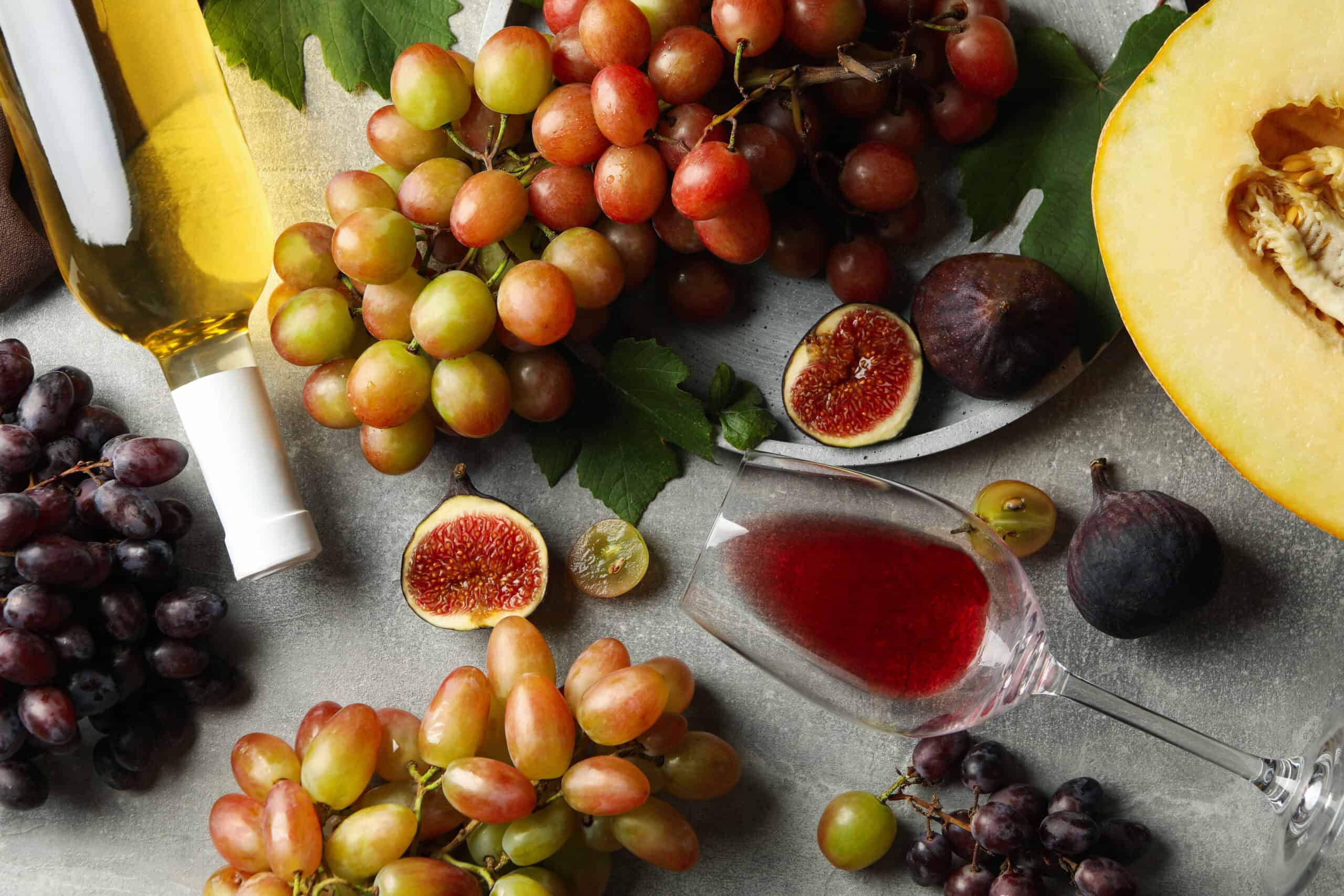
Resveratrol Benefits: A Deep Dive into Nature’s Potent Antioxidant
Resveratrol has surged in popularity over the last decade, praised by health enthusiasts and researchers alike for its impressive array of potential health benefits. Found in red wine, grapes, and several berries, this natural polyphenol is often hailed as a miracle compound. But what exactly is resveratrol, and what does science really say about its benefits? This comprehensive guide explores the mechanisms, benefits, sources, and potential risks of resveratrol, helping you understand whether it deserves a place in your health regimen.
What is resveratrol?
Resveratrol is a type of natural phenol and a phytoalexin produced by plants in response to stress, injury, or fungal infection. It is most commonly associated with the skins of red grapes, but it is also found in peanuts, blueberries, and Japanese knotweed (Polygonum cuspidatum), a plant widely used in traditional medicine.
Chemically, resveratrol is classified as a stilbenoid. It exists in two isomeric forms: cis-resveratrol and trans-resveratrol, with the latter being the more stable and biologically active form. It has potent antioxidant properties, meaning it can neutralize free radicals and reduce oxidative stress in the body.
Key Health Benefits of Resveratrol
1. Cardiovascular Health
One of the most widely studied benefits of resveratrol is its effect on heart health. It is believed to:
- Reduce LDL (bad) cholesterol levels.
- Increase HDL (good) cholesterol.
- Improve endothelial function, enhancing blood flow.
- Reduce blood pressure by increasing nitric oxide production.
These effects contribute to a lower risk of atherosclerosis and other cardiovascular diseases. The “French Paradox,” which refers to the low incidence of heart disease in France despite a high-fat diet, is often attributed to moderate red wine consumption and the resveratrol it contains.
2. Anti-Aging and Longevity
Resveratrol activates certain genes known as sirtuins, particularly SIRT1, which are associated with aging and longevity. Animal studies have shown that resveratrol can mimic the effects of calorie restriction—a proven method of extending lifespan—by enhancing mitochondrial function and promoting cellular repair.
3. Antioxidant and Anti-Inflammatory Effects
Oxidative stress and chronic inflammation are underlying factors in many chronic diseases. Resveratrol’s powerful antioxidant activity helps mitigate these harmful processes, potentially reducing the risk of:
- Neurodegenerative diseases like Alzheimer’s and Parkinson’s.
- Type 2 diabetes.
- Certain cancers.
4. Brain Health and Cognitive Function
Resveratrol may support brain health by:
- Crossing the blood-brain barrier.
- Reducing neuroinflammation.
- Enhancing cerebral blood flow.
- Promoting the clearance of beta-amyloid plaques linked to Alzheimer’s disease.
Studies suggest that regular resveratrol intake could improve memory, cognitive performance, and mood.
5. Cancer Prevention and Support
Preliminary research indicates that resveratrol can:
- Inhibit cancer cell proliferation.
- Induce apoptosis (programmed cell death) in cancerous cells.
- Interfere with cancer cell signaling pathways.
While not a standalone cancer treatment, resveratrol is being explored as an adjunct to conventional therapies.

6. Diabetes and Metabolic Health
Resveratrol may improve insulin sensitivity and regulate blood glucose levels. It activates AMPK (AMP-activated protein kinase), an enzyme that plays a role in energy balance and metabolism, making it a potential ally in managing type 2 diabetes.
7. Skin Health and Protection
Thanks to its anti-inflammatory and antioxidant properties, resveratrol is increasingly used in skincare products. It can:
- Protect the skin from UV damage.
- Reduce signs of aging such as wrinkles and fine lines.
- Improve skin elasticity and hydration.
Dietary Sources of Resveratrol
1. Red Wine
Red wine is perhaps the most well-known source of resveratrol, with levels ranging from 0.2 to 5.8 mg per liter depending on the grape variety and fermentation process.
2. Grapes
Red and purple grapes, particularly their skins, are rich in resveratrol. Eating fresh grapes or drinking grape juice provides a natural, alcohol-free way to consume resveratrol.
3. Berries
Blueberries, cranberries, and mulberries also contain small amounts of resveratrol.
4. Peanuts and Pistachios
Both raw and boiled peanuts have modest levels of resveratrol, while pistachios contribute smaller amounts.
5. Japanese Knotweed
A potent natural source, Japanese knotweed is commonly used in supplements due to its high concentration of trans-resveratrol.
Resveratrol Supplements
Given the relatively low resveratrol content in foods, many people opt for supplements. These typically contain doses ranging from 100 mg to 500 mg of trans-resveratrol per serving. Supplements may offer:
- Greater consistency in dosage.
- Enhanced bioavailability when combined with other compounds like piperine.
However, it’s important to choose high-quality products from reputable manufacturers to ensure purity and effectiveness.
Bioavailability and Absorption Challenges
One of the major limitations of resveratrol is its low bioavailability. After ingestion, it is rapidly metabolized and eliminated, which limits the amount that reaches systemic circulation. Strategies to improve absorption include:
- Combining with fat (since it is fat-soluble).
- Using nanoparticle or liposomal formulations.
- Co-administering with other bioenhancers like quercetin or piperine.
Potential Side Effects and Risks
While generally considered safe, high doses of resveratrol may cause:
- Gastrointestinal issues (e.g., nausea, diarrhea).
- Interactions with blood thinners and other medications.
Pregnant or breastfeeding women and individuals with hormone-sensitive conditions should consult healthcare professionals before taking supplements.
Current Research and Future Directions
Ongoing studies are exploring resveratrol’s role in:
- Enhancing athletic performance.
- Supporting gut microbiota.
- Preventing age-related macular degeneration.
- Mitigating the effects of obesity.
Future research aims to better understand its long-term safety, optimal dosage, and mechanisms of action in humans.
Final Thoughts: Is Resveratrol Worth It?
Resveratrol presents a compelling case as a multi-faceted compound with diverse health-promoting properties. While more human clinical trials are needed to confirm some of its benefits, the current evidence supports its role in heart health, cognitive function, and cellular protection.
Incorporating resveratrol through a balanced diet or supplementation—under medical guidance—could be a valuable addition to a wellness strategy aimed at aging gracefully and maintaining overall health.






